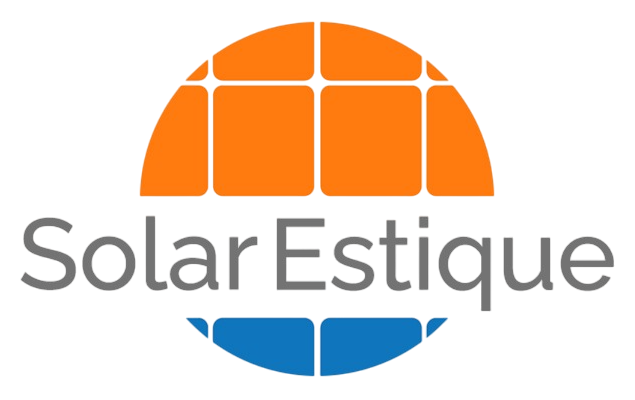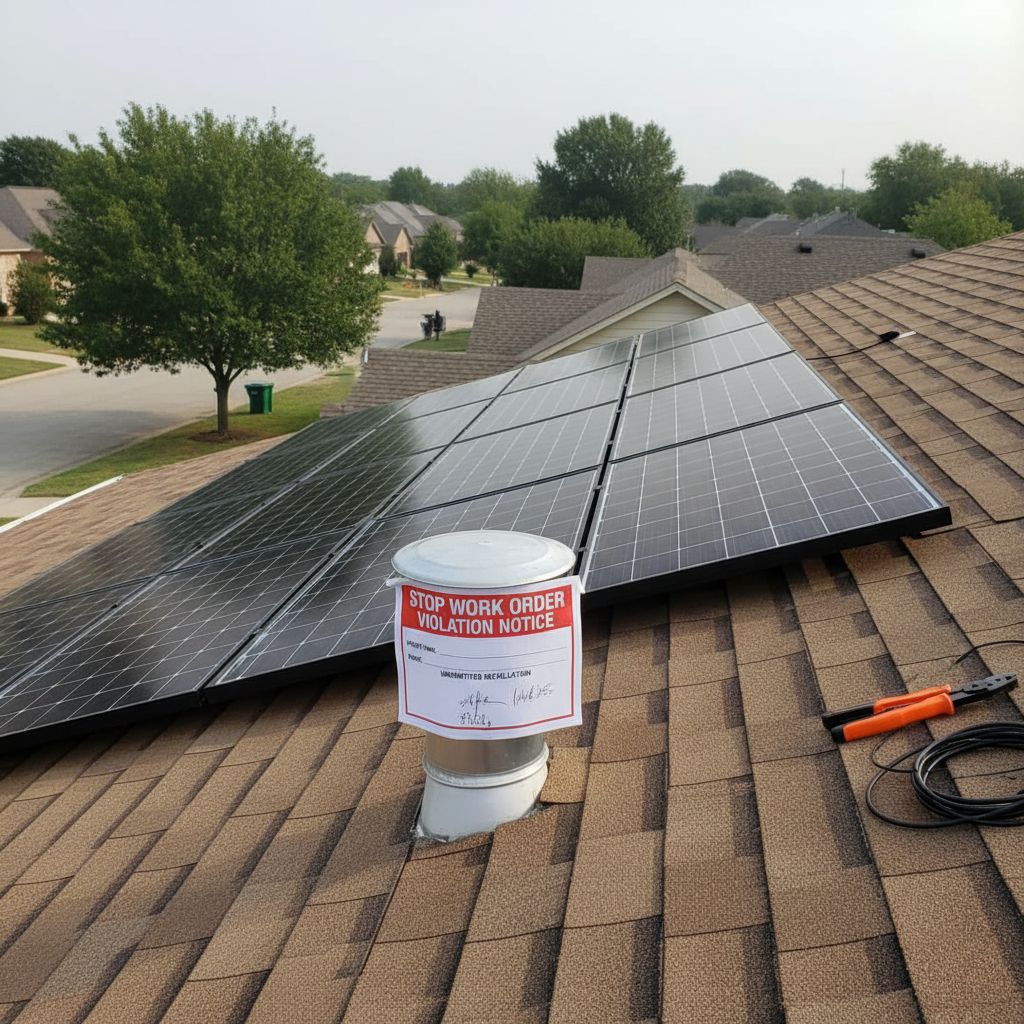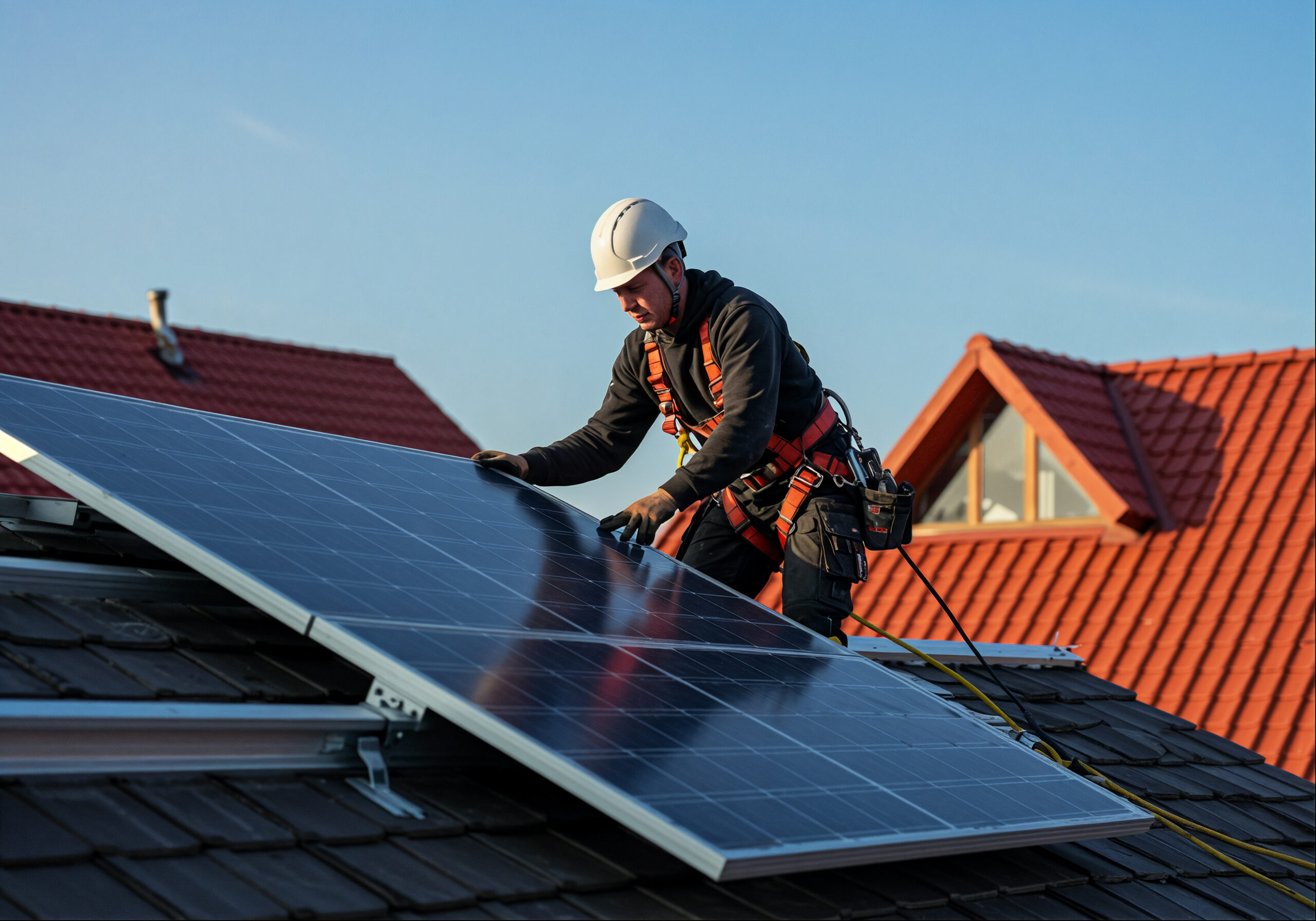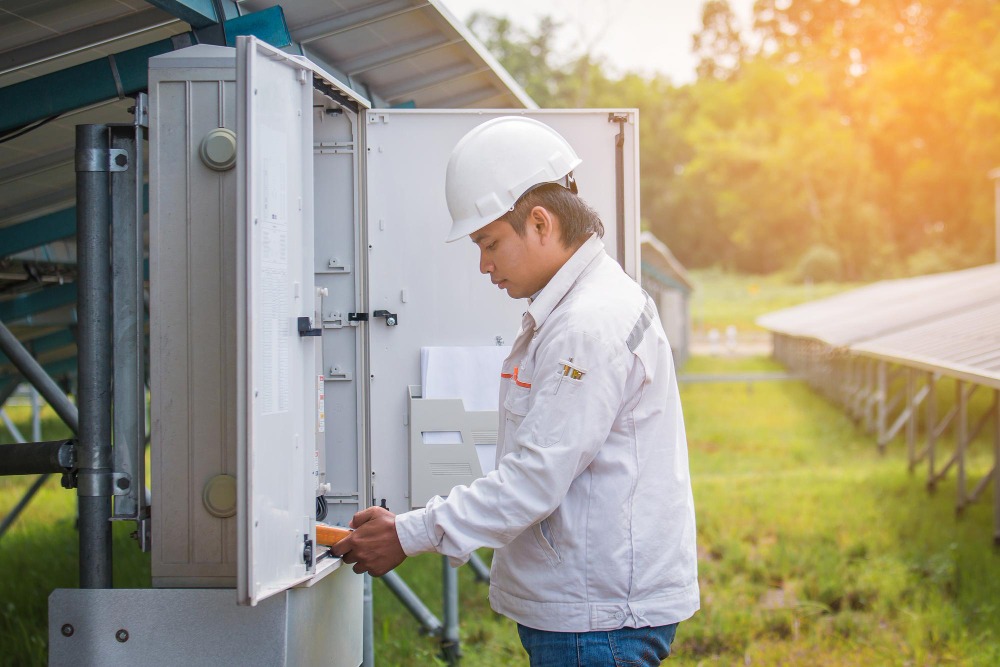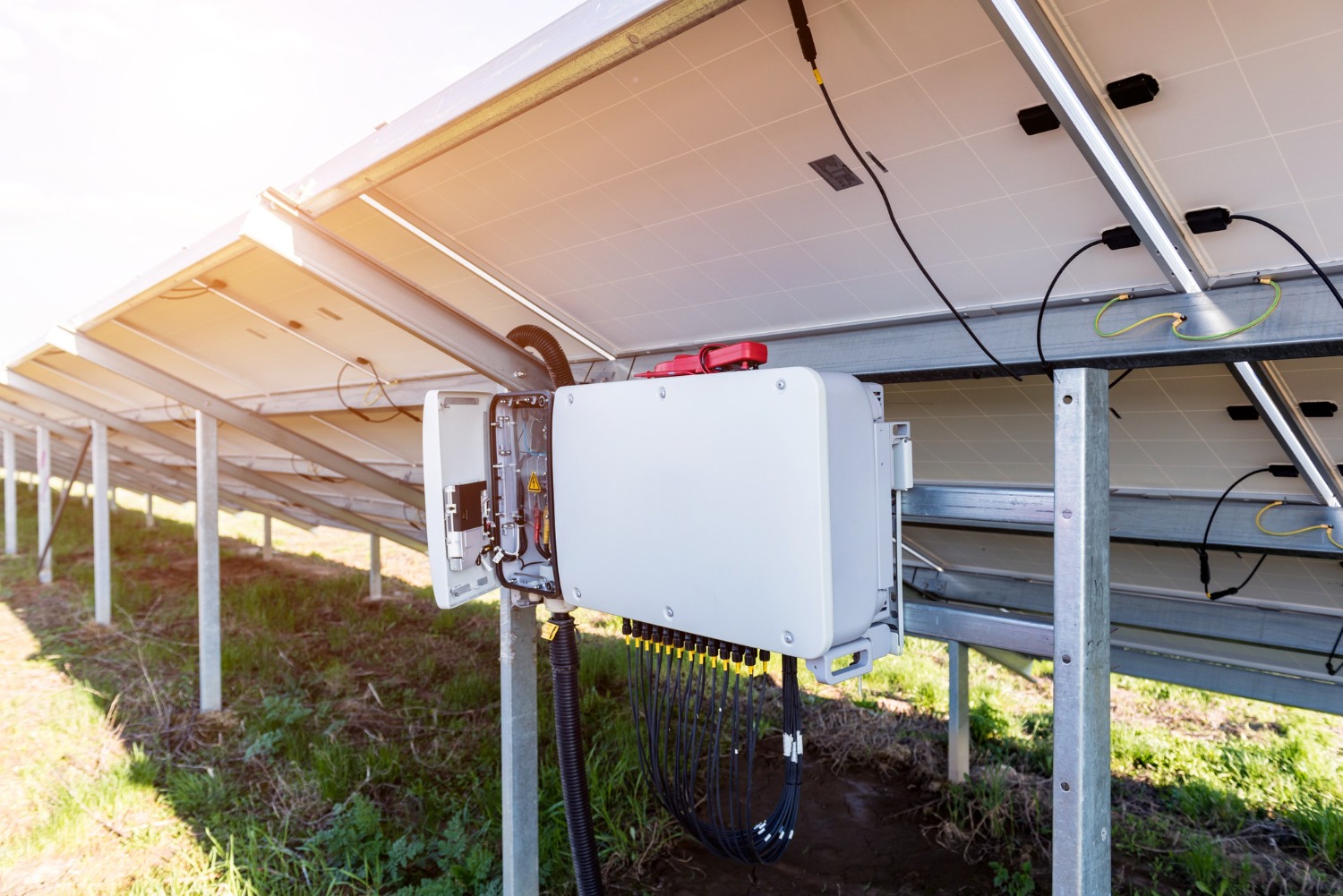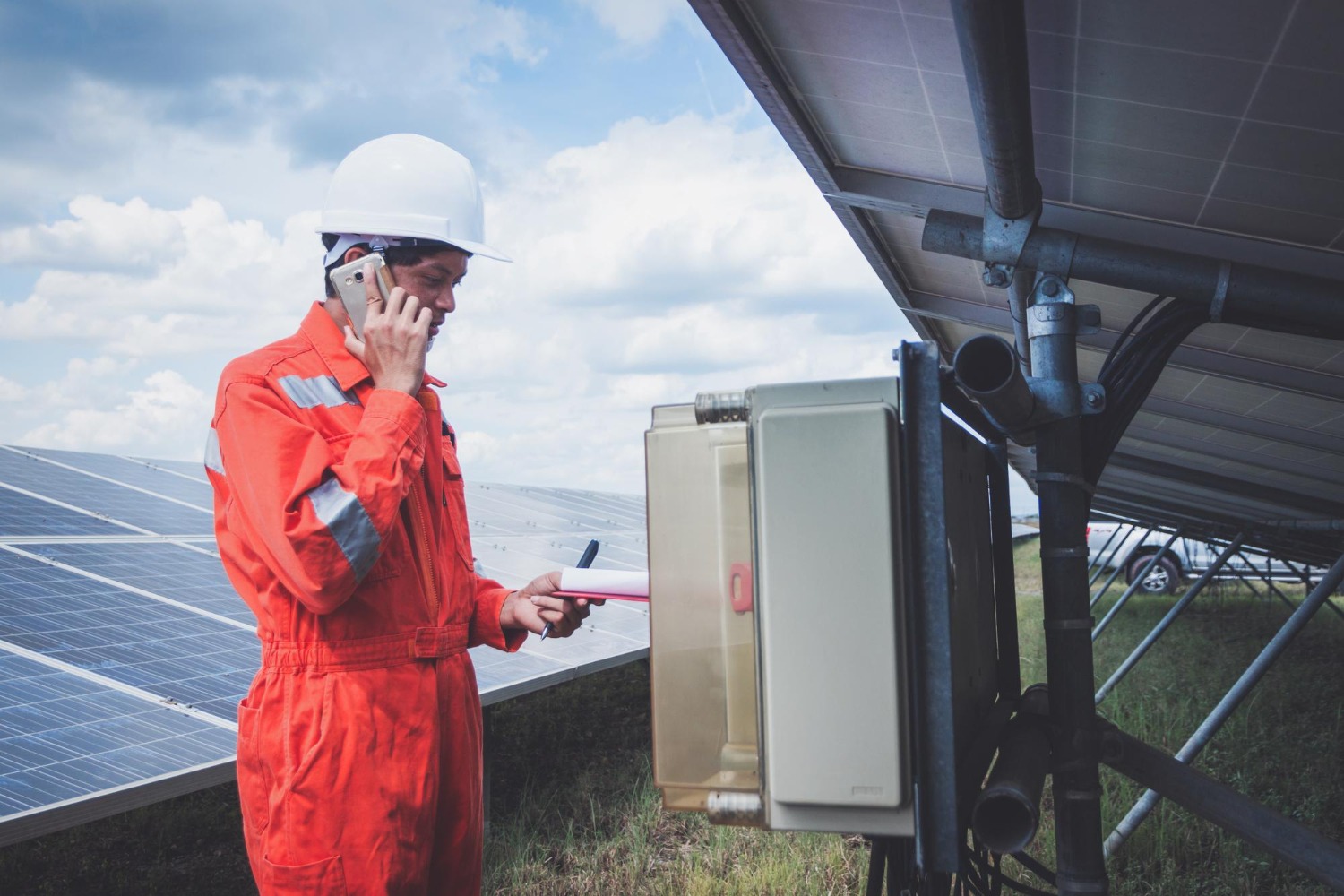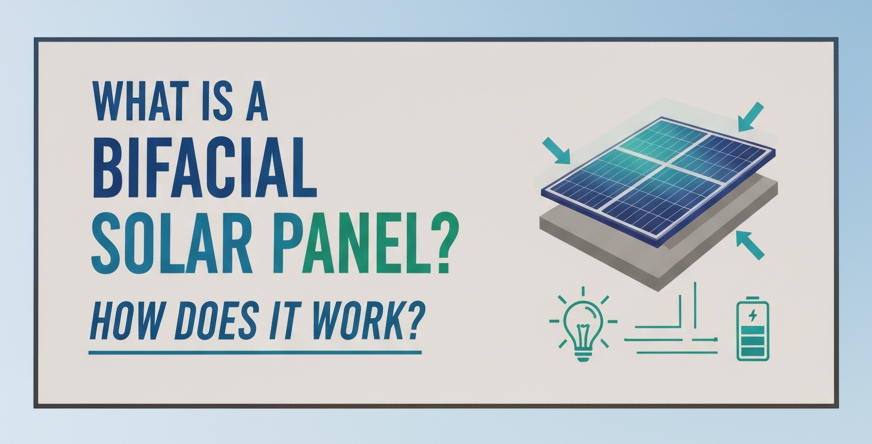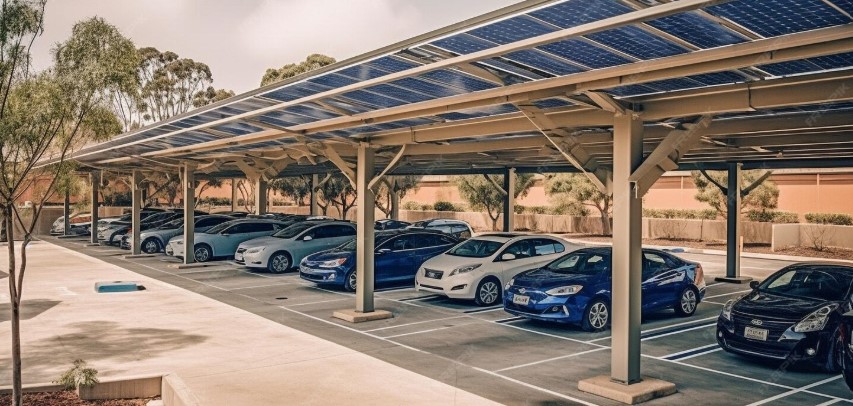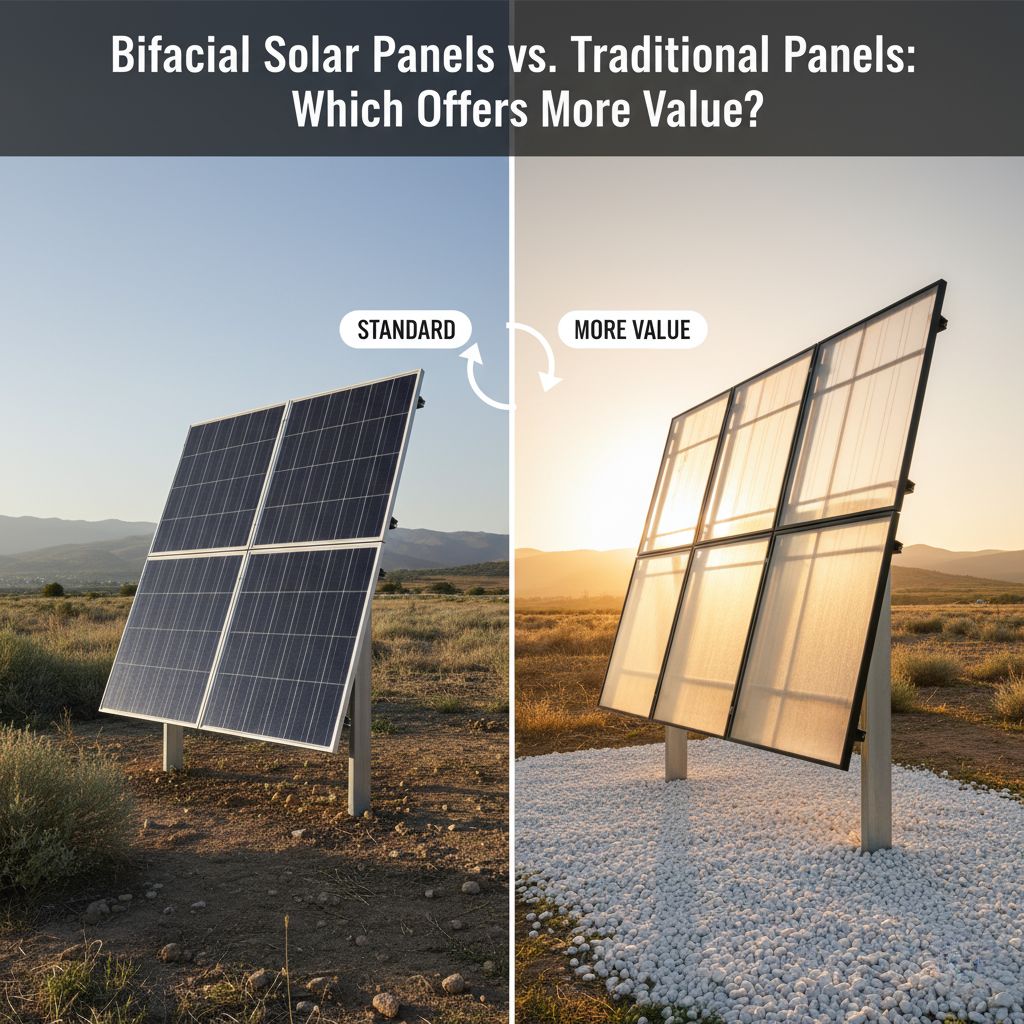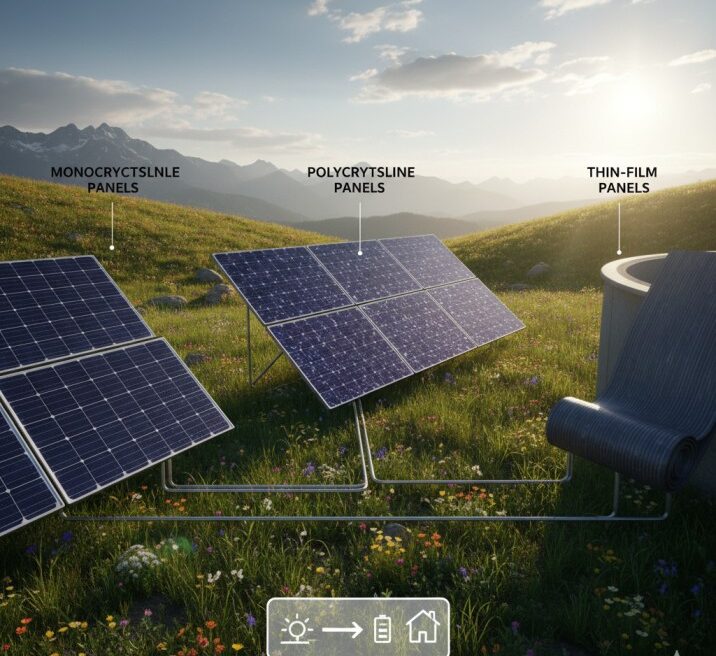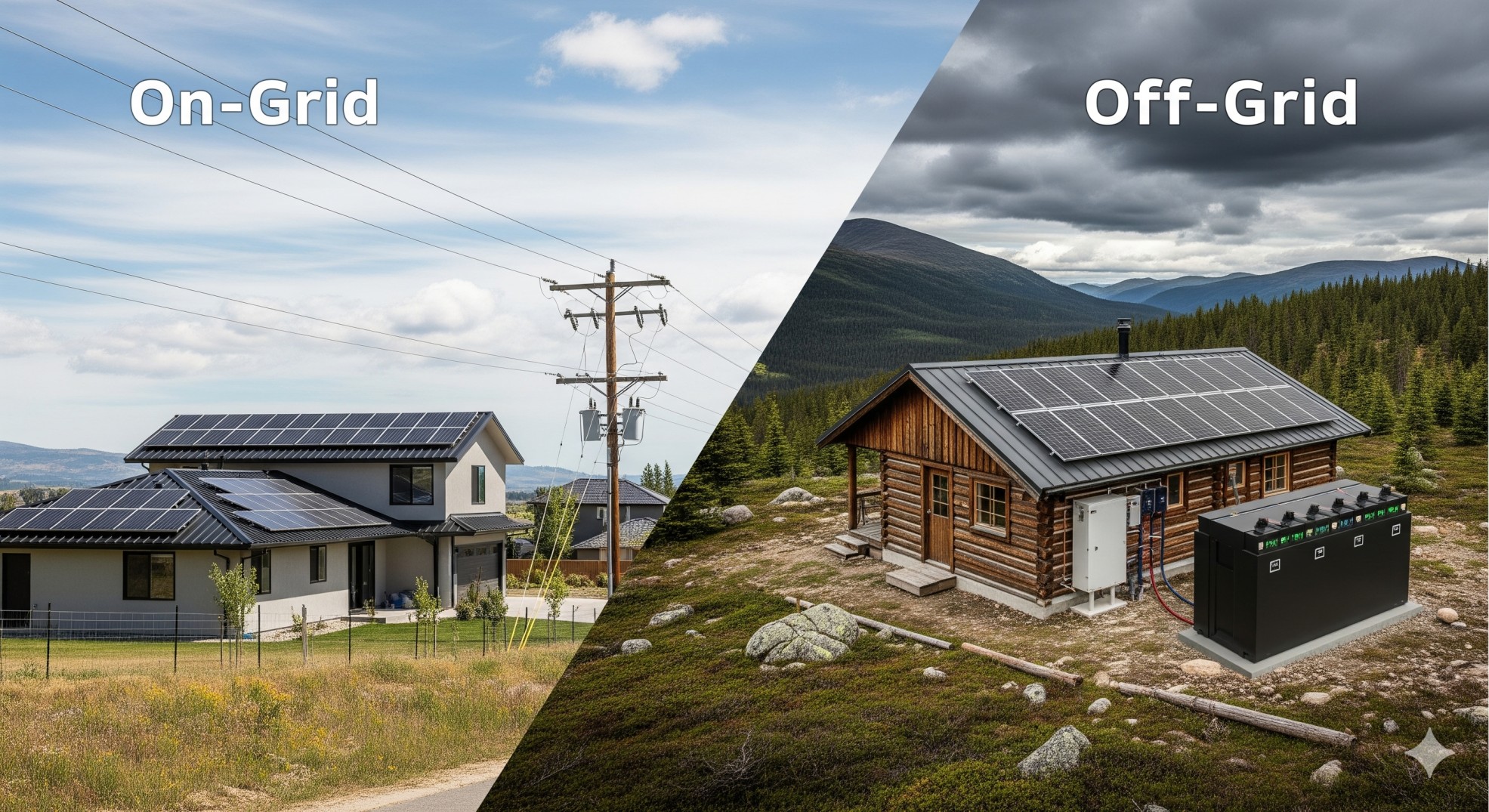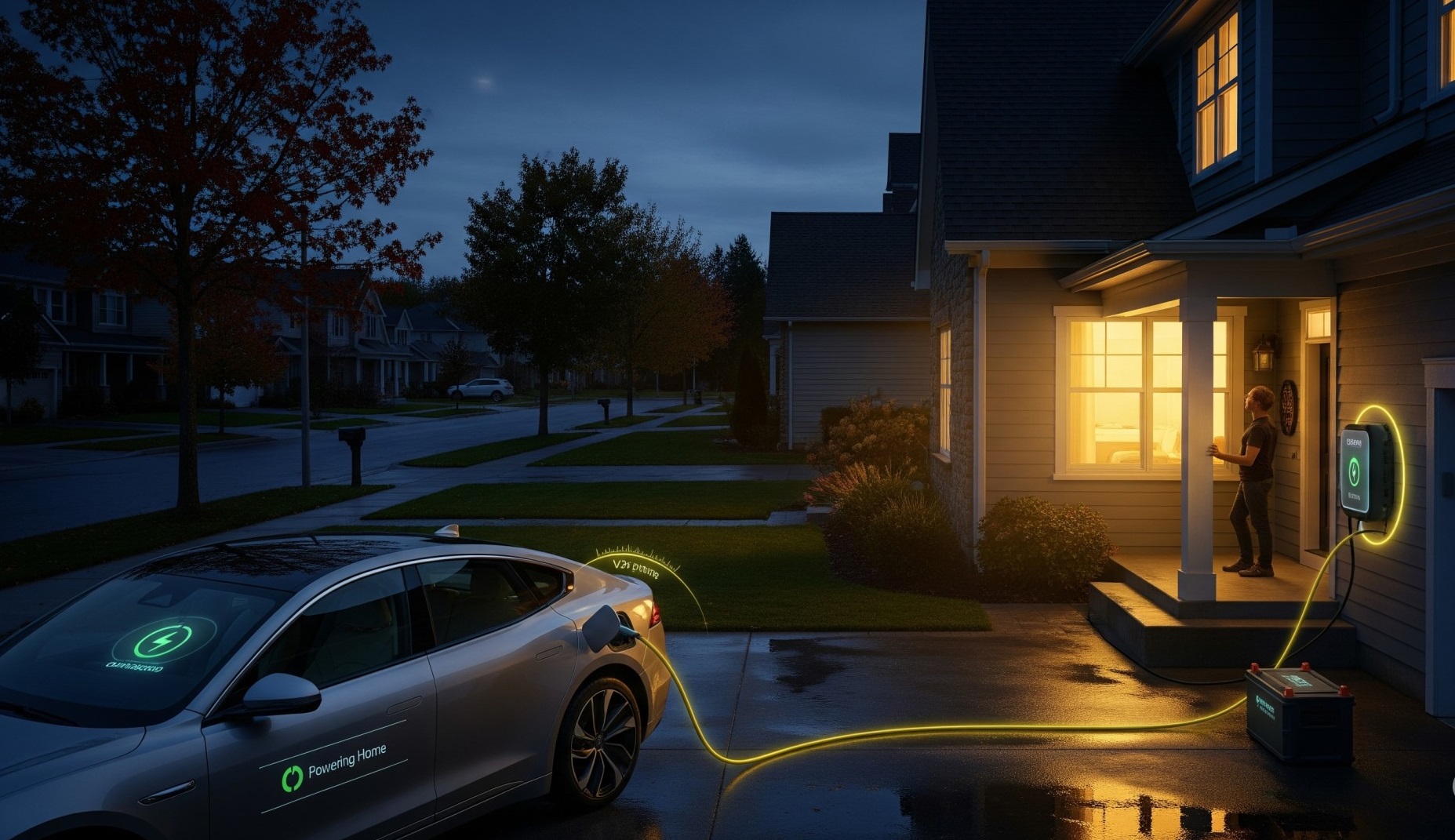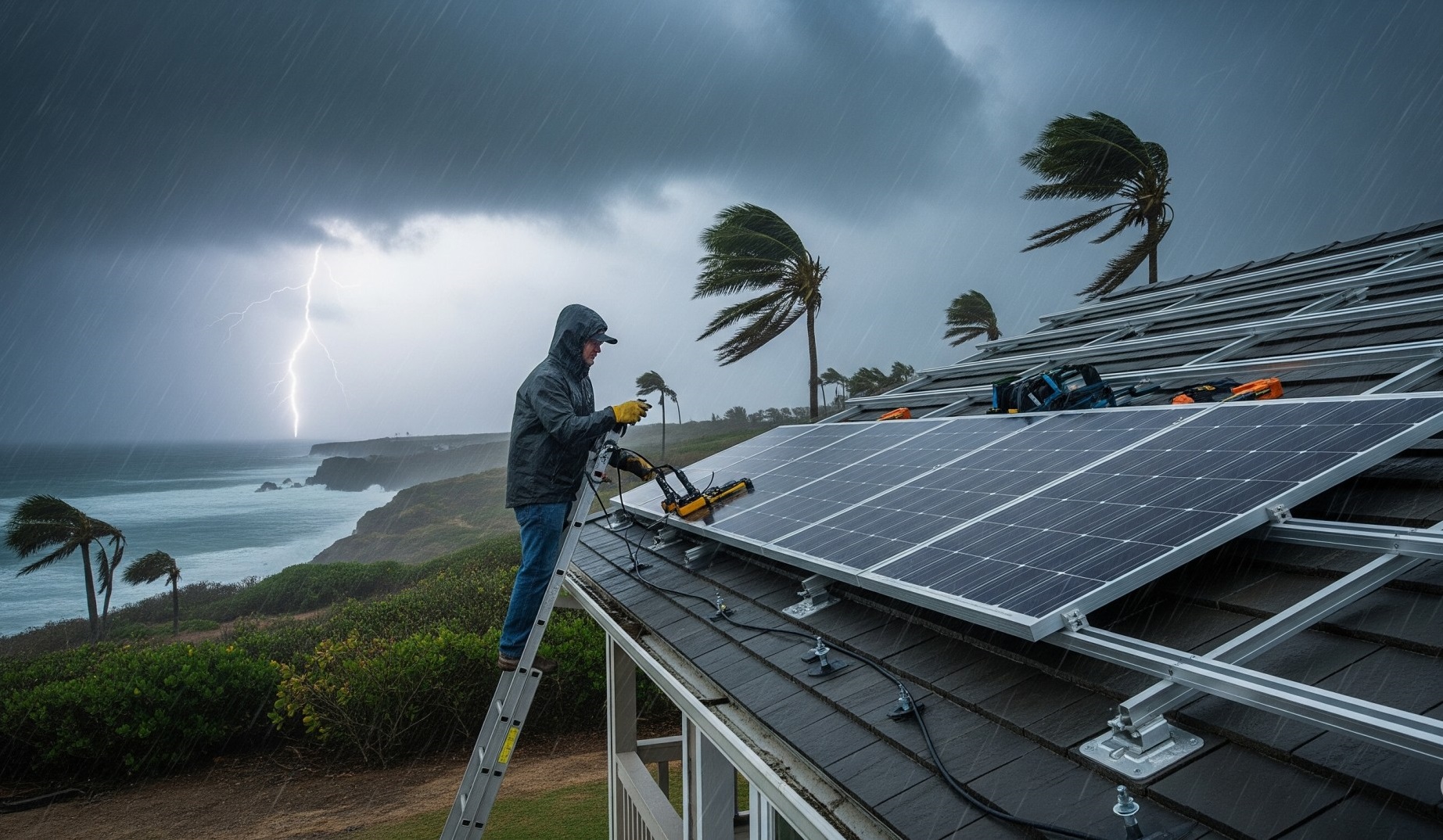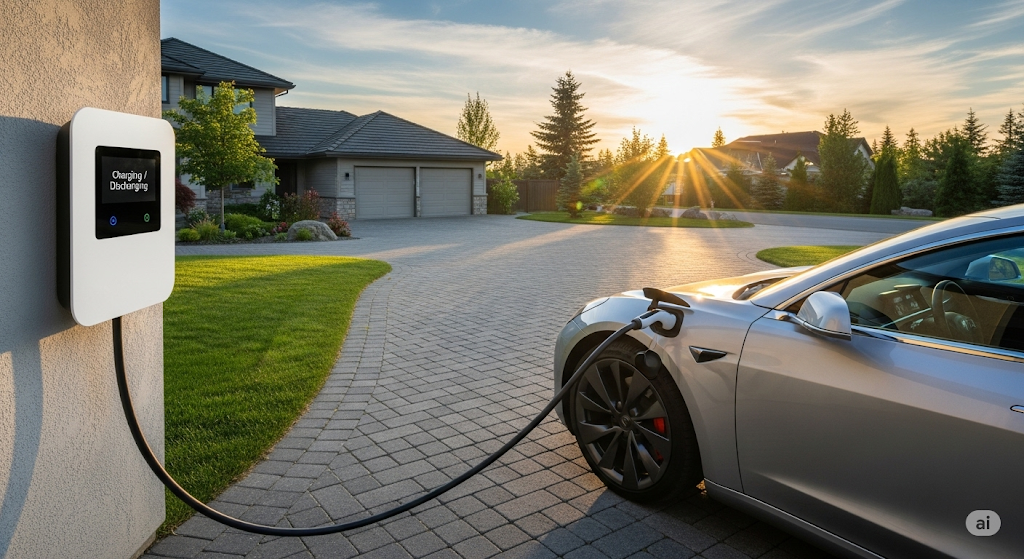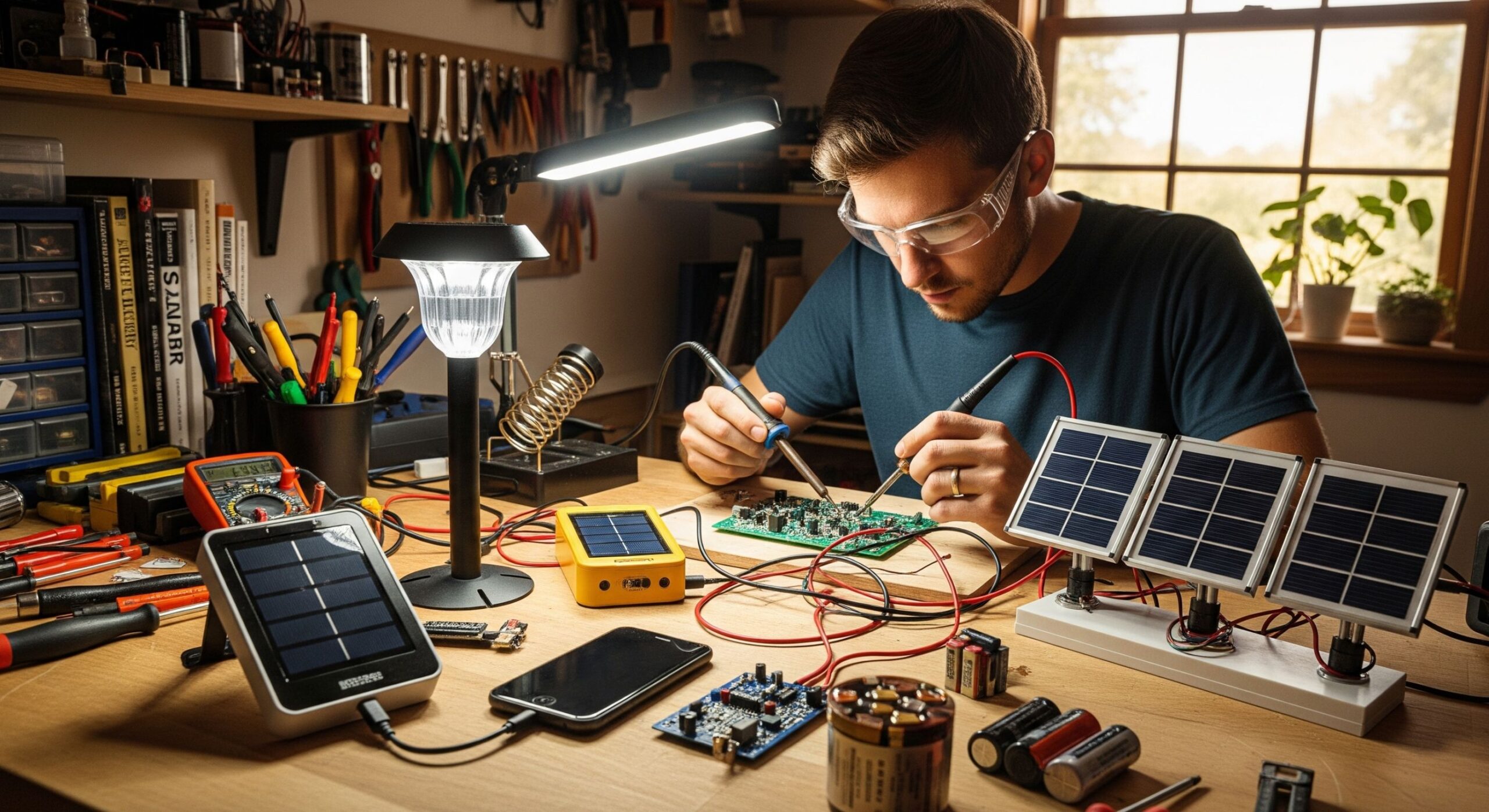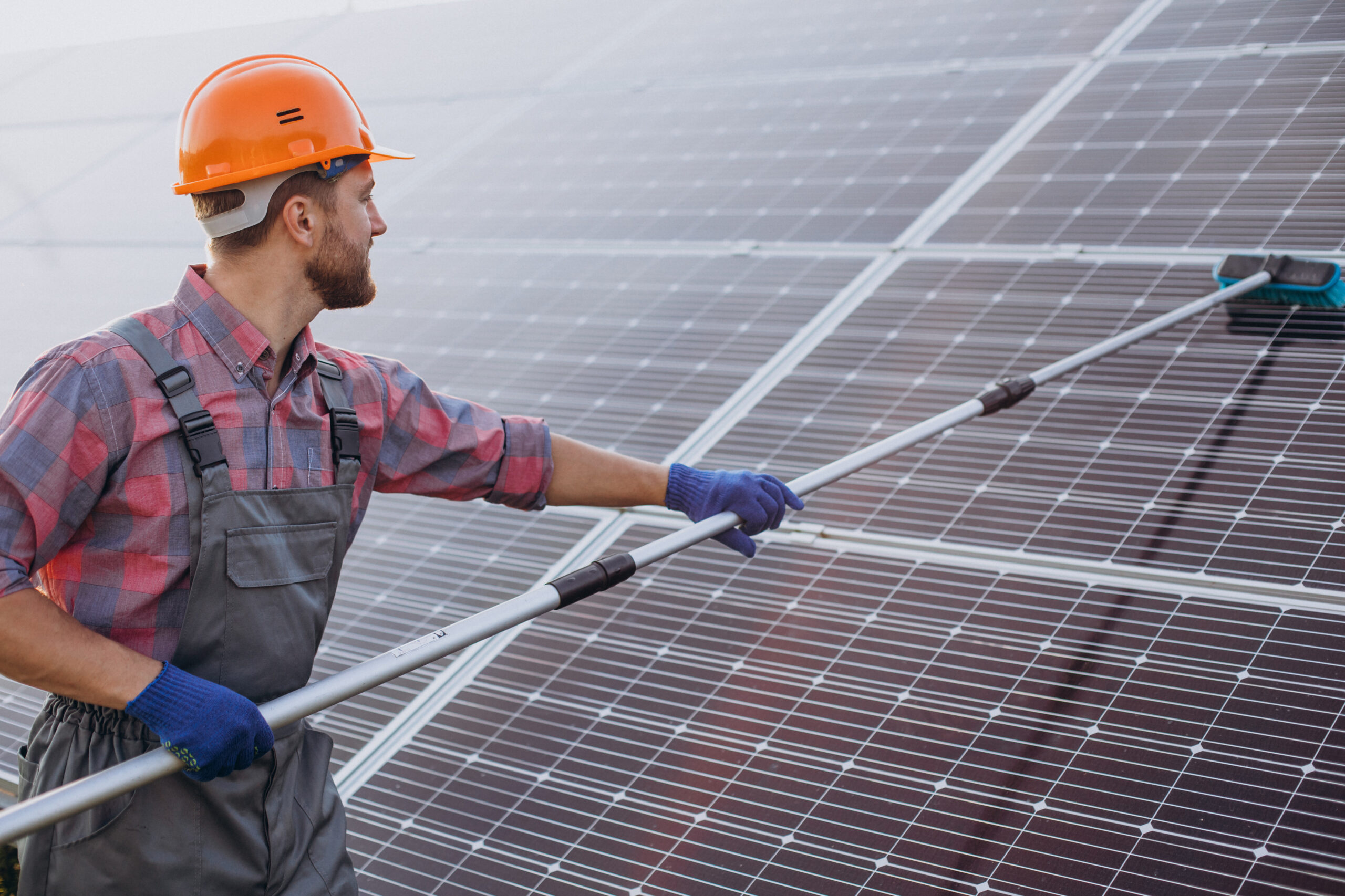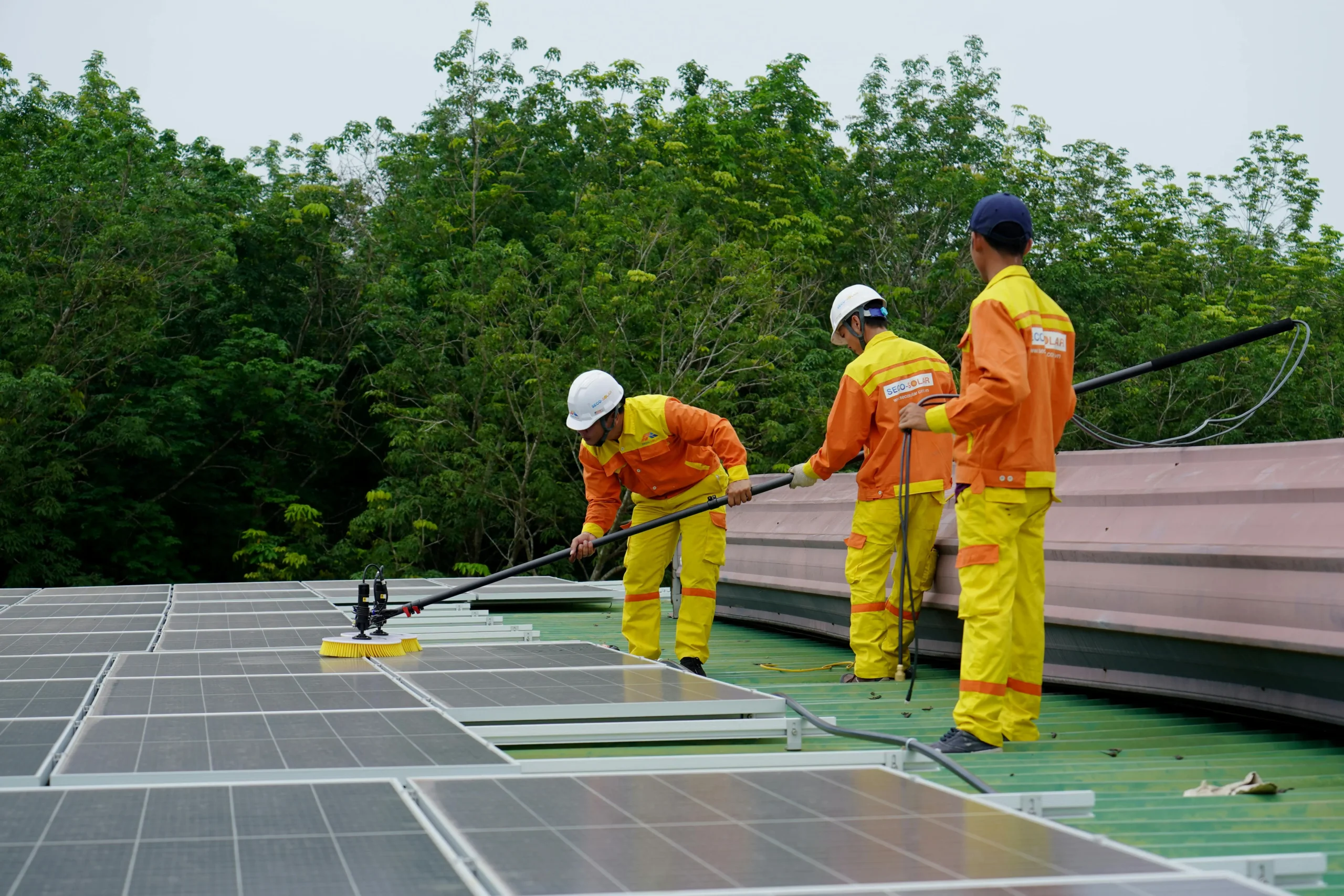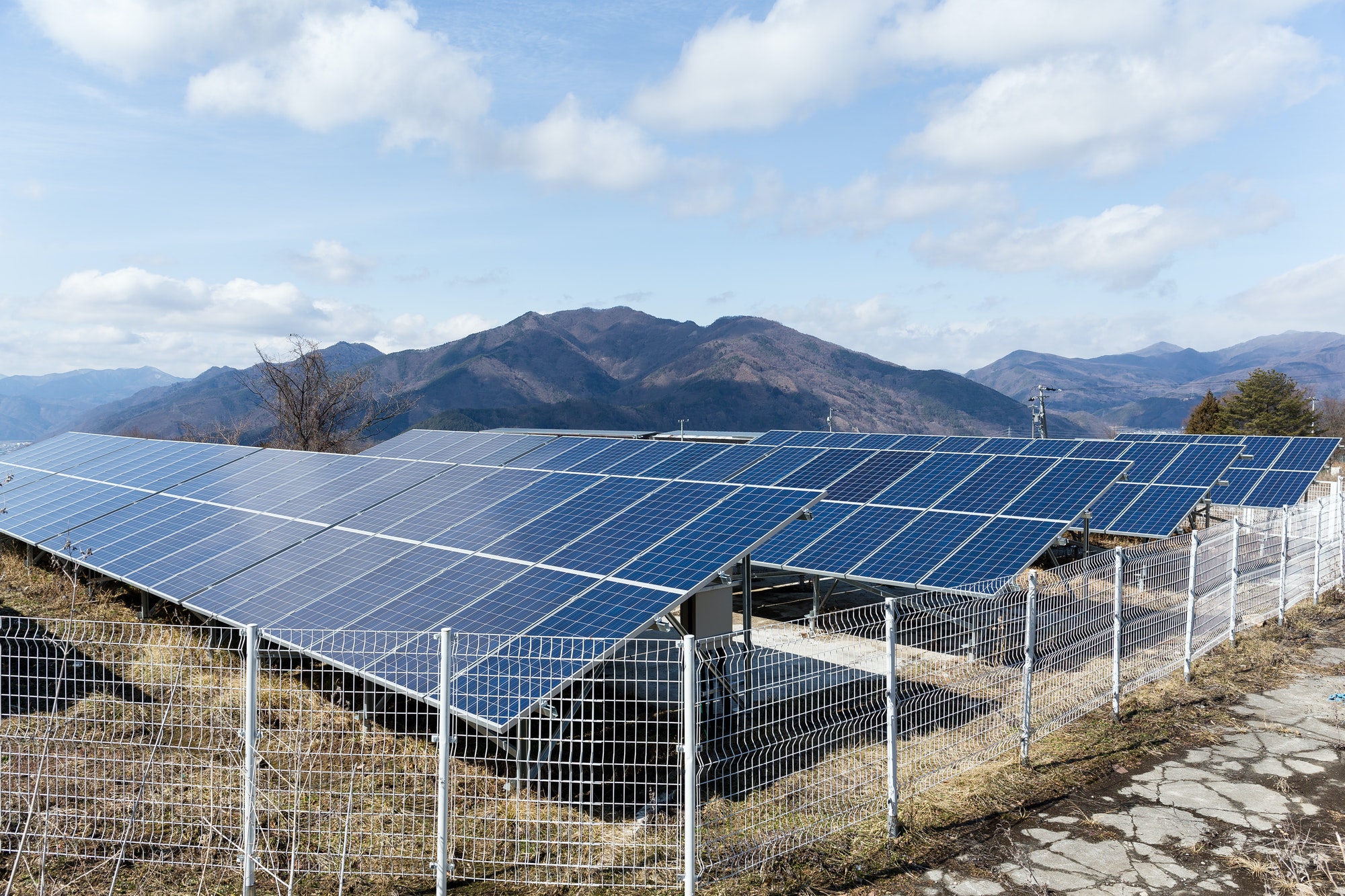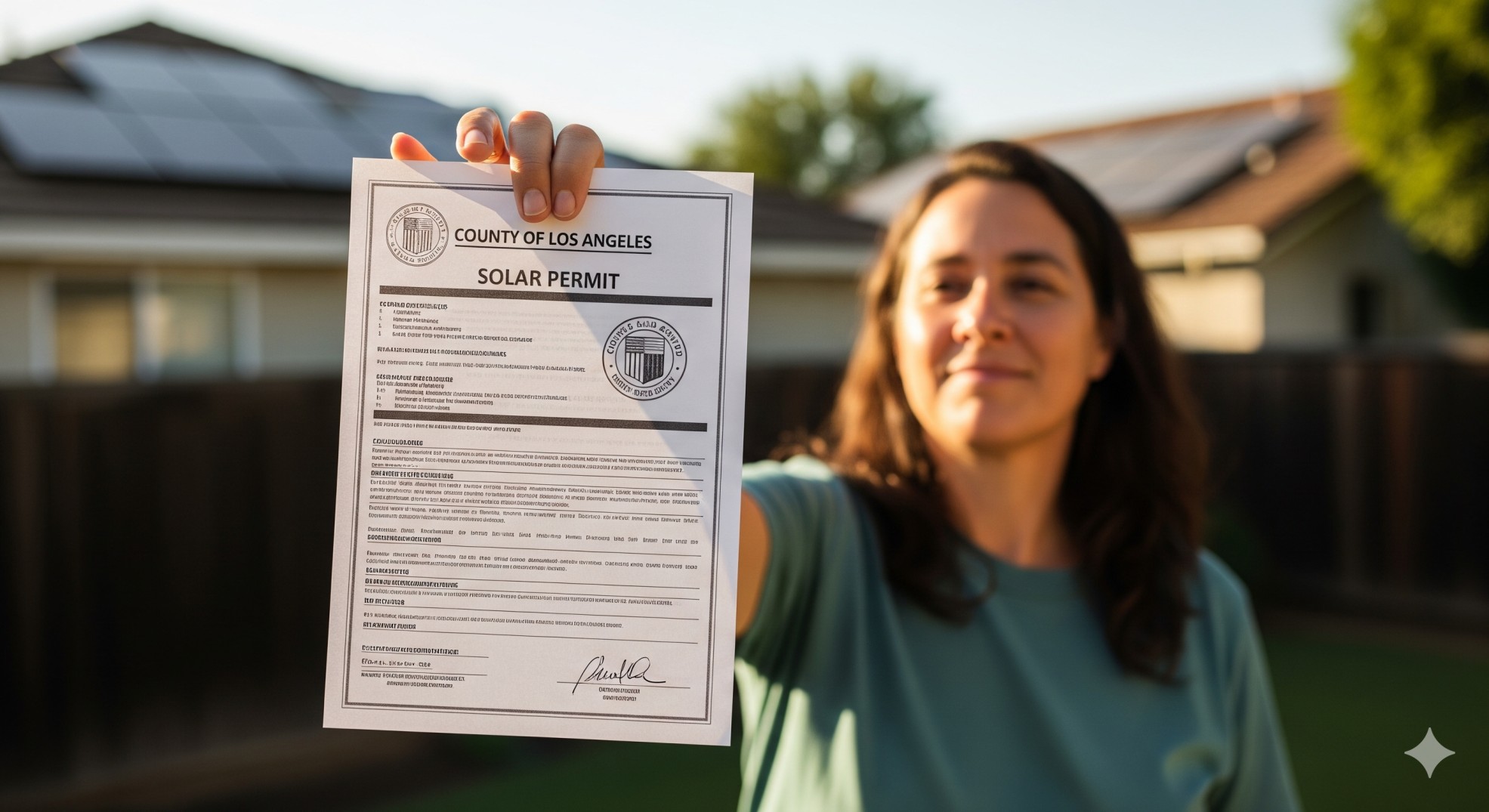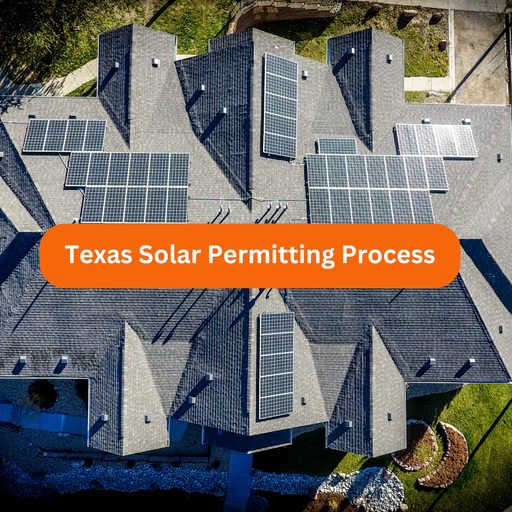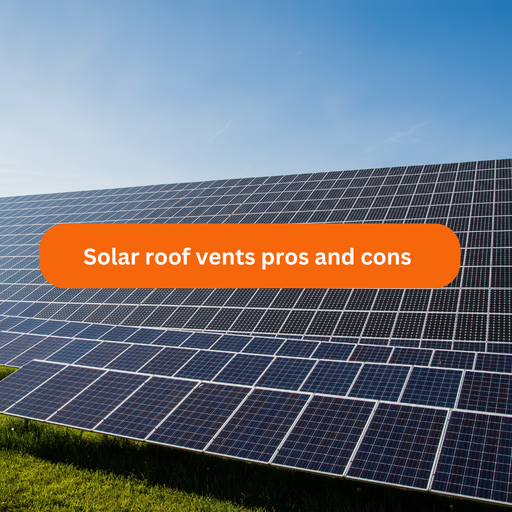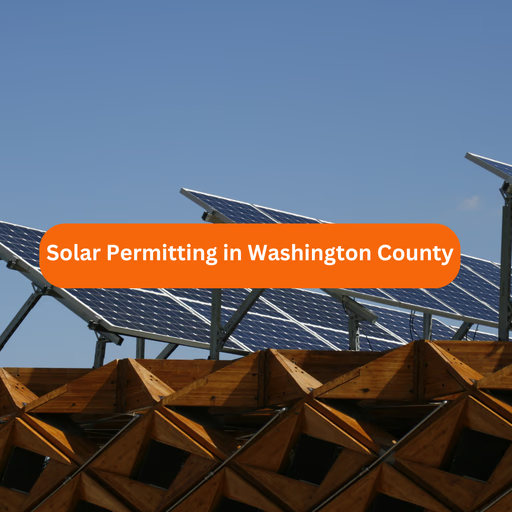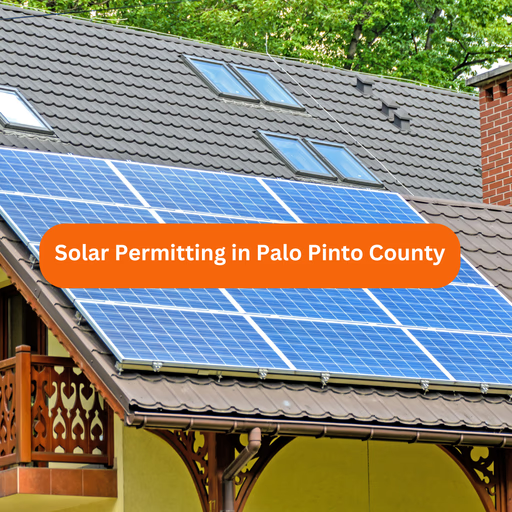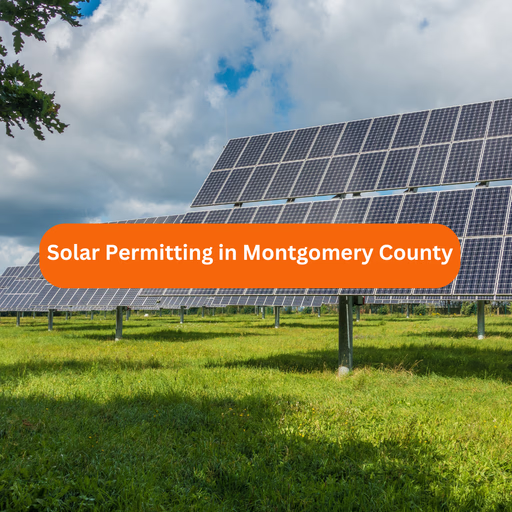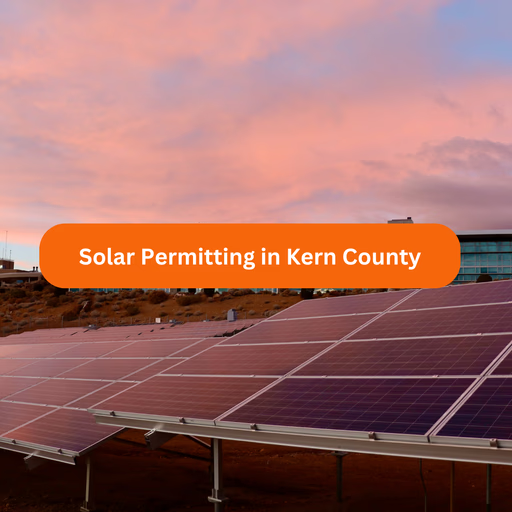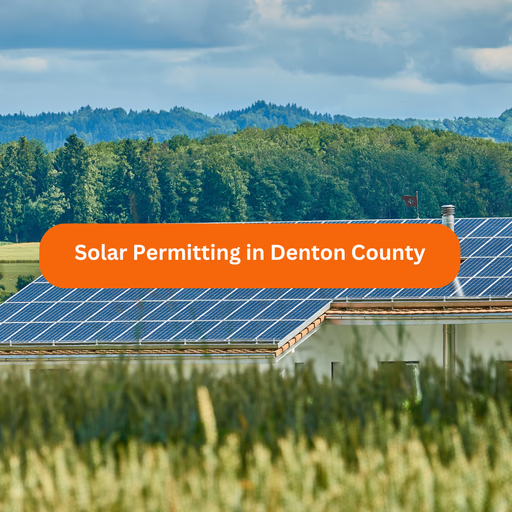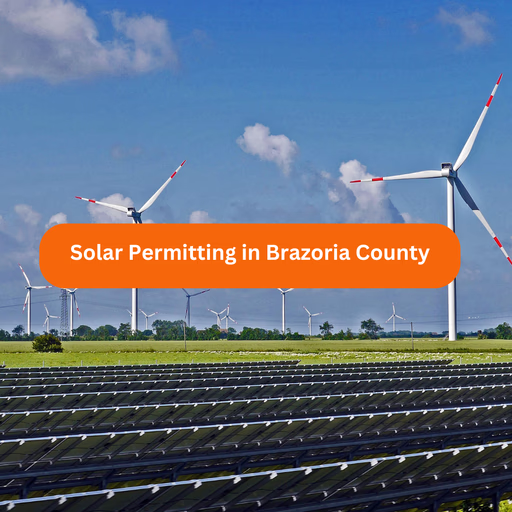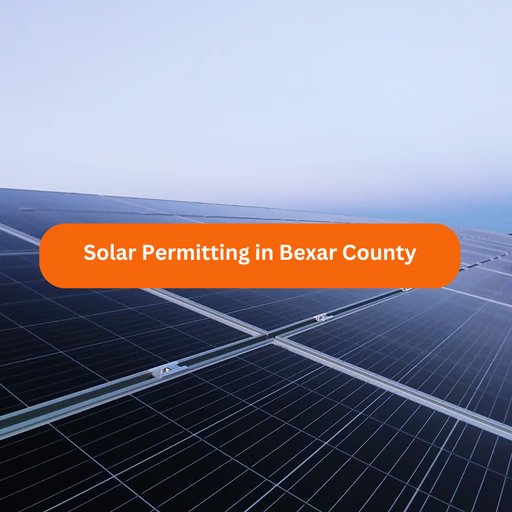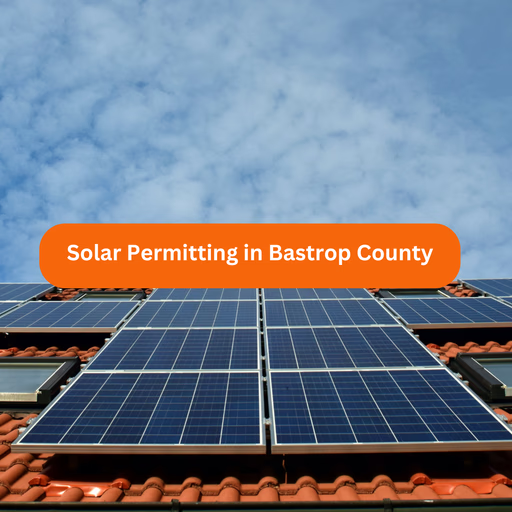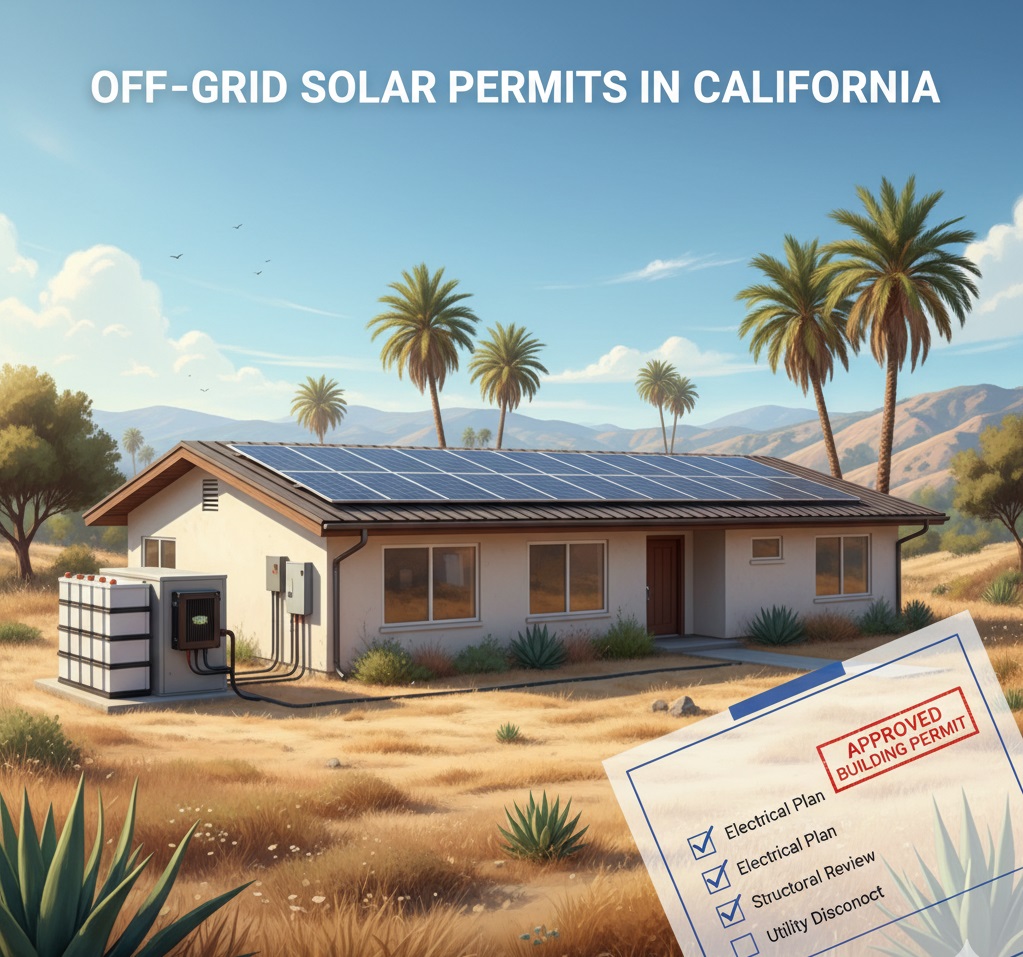Do you need a permit for solar panels? Absolutely. Skipping this crucial step can lead to thousands of dollars in fines and even forced removal of your entire system.
When considering solar panel installation, many homeowners wonder if they can bypass the paperwork to save time and money. However, installing solar panels without a permit is a serious mistake that can void manufacturer warranties, complicate future home sales, and even cause your insurance company to deny coverage for any related damages. Furthermore, illegal installations typically disqualify you from valuable tax incentives and rebates that would otherwise reduce your total investment.
While solar permitting requirements vary by location, the consequences of ignoring them remain consistently severe. In this article, we’ll explain why permits are necessary, what exactly happens if you ignore them, and how to properly navigate solar panel permit requirements to avoid costly problems down the road.
Why Solar Permits Are Required
Solar permits serve as essential safeguards that protect homeowners, communities, and the electrical grid. Permits primarily ensure that installations meet local building codes, electrical standards, and fire safety requirements. These regulations aren’t arbitrary bureaucracy—they verify that your roof can structurally support the additional weight and that electrical components won’t create hazards.
The permitting process typically involves several types of approvals. Electrical permits confirm that wiring and components meet safety standards, whereas building permits verify structural integrity and zoning compliance. Depending on your location, you may also need interconnection agreements with utility companies to legally connect to the power grid.
Beyond safety, permits serve practical purposes. They guarantee installations meet industry standards, which consequently protects your property value and validates manufacturer warranties. Moreover, proper permitting often qualifies you for important financial incentives like tax credits and rebates.
National data demonstrates why standardized approval processes matter: reviews across 20,000 jurisdictions and 3,000 utilities can add weeks or months to installation timelines, significantly increasing costs.
To help homeowners and solar professionals stay compliant with these technical and safety standards, companies like Solarestique provide expert solar design and engineering documentation that aligns with local permitting and building code requirements. Their services ensure systems are properly designed before submission, reducing potential delays or revisions during the permit review process.
Essentially, solar permits provide critical quality assurance that benefits everyone involved in the solar ecosystem.
What Happens If You Skip the Permit Process
Skipping the solar permitting process might seem like a shortcut, but the consequences can be severe and costly. Most jurisdictions impose hefty fines that can quickly escalate into thousands of dollars if you install solar panels without proper permits.
Beyond immediate financial penalties, unpermitted solar installations can create significant problems when selling your home. Potential buyers typically request documentation for major installations, and lacking proper permits may require retroactive permitting or even system removal. This not only delays the sale but can substantially reduce your property’s market value as buyers become wary of potential complications.
Insurance companies often require compliance with building codes for coverage. Without permits, your insurer may deny claims related to your solar installation or, worse yet, reject entire claims if damages result from unpermitted work. Additionally, utility companies may disconnect unauthorized systems from the grid, imposing reconnection fees once proper permits are obtained.
Your system’s warranties may become void without proper permitting. Unpermitted installations typically disqualify homeowners from valuable tax incentives and rebates that substantially reduce installation costs. In some European jurisdictions, fines for unpermitted installations range from €300 to €6,000.
Despite temptations to bypass regulations, the long-term financial and legal risks of unpermitted solar installations far outweigh any short-term savings.
How to Avoid Problems with Solar Panel Permit Requirements
Preparation is key to avoiding solar permit problems. Working with local solar professionals familiar with your area’s regulations can significantly simplify the process. These experts can handle paperwork and ensure compliance with specific local requirements.
In this stage, collaborating with a trusted technical partner such as Solarestique can be highly valuable. Solarestique specializes in creating precise solar design and engineering packages that adhere to local codes and standards, helping installers and homeowners ensure their systems are properly structured for smooth permit submission and long-term reliability.
Research your jurisdiction’s solar permitting regulations before starting any installation work. Many municipalities now offer online applications that reduce submission time—taking as little as a few hours for residential projects. Thankfully, the solar industry and government agencies are addressing permitting challenges through innovations and standardized documentation that make compliance easier for both homeowners and contractors.
For successful permitting:
- Gather complete documentation, including proof of ownership, detailed site plans, system specifications, and contractor licenses
- Check if your municipality offers a simplified process for standard residential installations
- Verify if your jurisdiction accepts NABCEP certification in place of local business licenses
- Request combined electrical and solar inspections where possible to reduce site visits
- Track permitting timelines to better estimate project costs and completion dates
Many communities have created solar-specific checklists to reduce application errors. If these aren’t available, create your own based on past experiences or consult with other installers about common pitfalls.
Conclusion
Installing solar panels without permits clearly carries substantial risks that extend far beyond initial fines. Though permit processes might seem bureaucratic, they fundamentally protect homeowners from safety hazards, financial penalties, and future complications. Unpermitted installations can void warranties, complicate home sales, prevent insurance coverage, and eliminate valuable tax incentives that would otherwise make solar more affordable.
The solar industry continues to improve and simplify compliance through standardization and professional support. Companies such as Solarestique play an important role by delivering accurate solar design and engineering documentation that meets jurisdictional requirements, ensuring systems are code-compliant and built on a solid technical foundation.
Working with qualified professionals who understand local requirements remains the most reliable approach to ensuring proper permitting. These experts can navigate regulatory requirements while you focus on the benefits of your renewable energy investment. Remember that permits ultimately protect your investment, property value, and safety.
